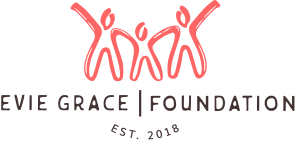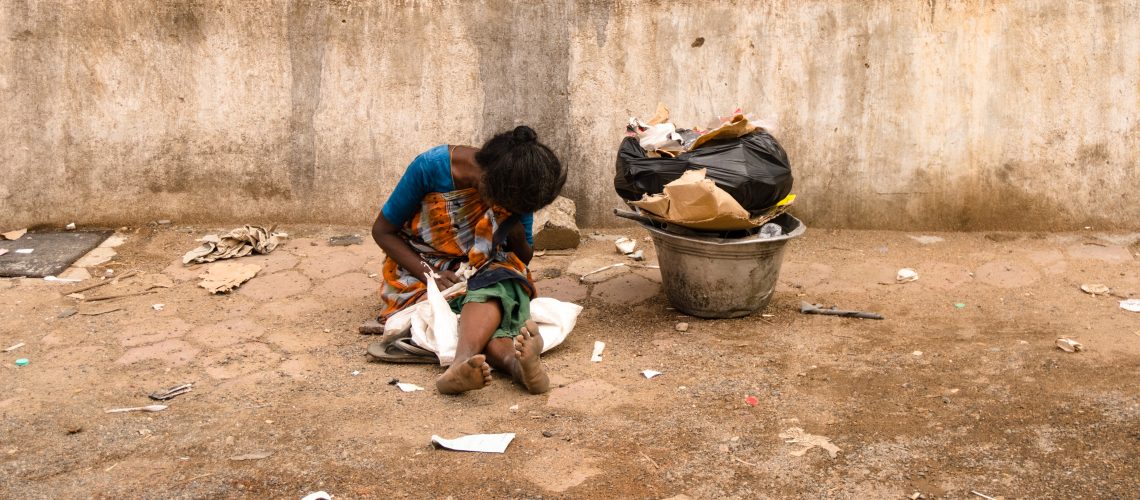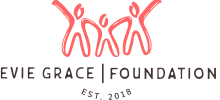“Young survivors don’t need pity but support in basic needs like healthcare, education, shelter in order to stop them from falling back into slavery and commercial sex.” – Joseph Mwaura, Kenyan survivor of orphanage trafficking.
There are still so many children in unimaginably cruel conditions where no one deserves to be. The survivors of child trafficking who speak out are very rare, even though there are millions of them worldwide. We would like to share two stories that are symbolic of the many stories of children being trafficked on a daily basis.
Karla Jacinto (Mexico)
Karla was five years old when she was abused by a family member for the first time. When she was 12 years of age, she was waiting for friends near a subway station in Mexico City when a man approached her. The man was kind, affectionate, rich and gave her candy. The twenty-two-year-old man made up a story that he was abused as a child too to gain her trust and invited her to go on a trip together in his car.
As she grew up in a dysfunctional family, the man could convince her easily to leave her home and live with him. He treated her well and bought her gifts, but after three months he forced her to work as a prostitute and sold her to different men as a sex slave. She had to sleep with up to 30 men a day, seven days a week, for about four years. As far as she can remember, she was raped around 43,200 times. One day, the police shut down the hotel where she and others were working as prostitutes and they thought they were being protected by the police – until the police started to take videos of them and threatened to send the videos to their families if the girls wouldn’t do everything the men asked.
She says many of the girls were minors, some even below ten years of age, but the policemen didn’t care.
Even if it was a nightmare, horror was added to her story when she became pregnant and gave birth when she was fifteen years old.
Finally, after four years of sex trafficking, Karla was rescued in 2008 during an anti-trafficking operation in Mexico City and was sent to a rescue shelter. She was only sixteen when she was rescued but had endured a lifetime horror.
Now, Karla is twenty-six and became an outspoken advocate fighting against child trafficking and shares her story at conferences and public events. She says: “These minors are being abducted, lured, and yanked away from their families. Don’t just listen to me. You need to learn about what happened to me and take the blindfold off your eyes.” It’s time to act! Otherwise, there will be millions of other children at risk of being trafficked and raped just like her.
Phyllis Ajwang (Kenya)
Phyllis had lost both of her parents and a sister by the time she was fourteen. Her other sister was struggling to provide for her school fees and she lived in poverty throughout her teenage years. Phyllis says her regret was dropping out of school to find work to provide for herself. As she was desperately looking for a job, she trusted a woman who said she was her Mum’s friend and offered to help her find a job. The woman asked Phyllis to visit her in Nairobi.
It took her one month to earn enough money to pay for the bus fare to Nairobi, where she was placed to work in a home as a housekeeper, and after three months, the owner only paid Sh1000 instead of the previously arranged Sh6000. She eventually stopped paying and abused her physically and verbally even though she didn’t do anything wrong.
After six months on the job without any payment, she managed to get a friend’s phone and contacted a relative in Nairobi who sent her money to go back home.
Coming back, she convinced her brother, who just started working, to pay for her fees and then completed her studies. She’s now pursuing a Diploma in Teaching.
Unfortunately, Phyllis’s horrible experience is only one of many stories. Withholding earnings, threats and false promises, are typically used by traffickers on children and adults.
Over 40% of children who have been trafficked were recruited by family, 14% by intimate partners, and 10% by friends. According to the United Nations, 25% of the estimated 40 million slaves worldwide are children – ranging from victims of forced marriages and sex trafficking to trapped trapped in factories, on farms and fishing boats.
Although child trafficking is happening in many developing countries, Kenya remains a source, main transit and destination for people subjected to forced labour such as begging and sex trafficking. In Kenya 67% of the victims are female, 33% are male.
Most of these children are from abusive families and in vulnerable conditions. Additionally, natural disasters have left many children in vulnerable conditions providing perpetrators the chance to abduct them.
It is not easy for survivors to move forward with their lives. Victims also experience severe psychological distress, countless health problems and sex trafficking victims are at risk of sexually transmitted diseases, cancer, infertility, heart disease and Urinary Tract Infections (UTIs). The physical and emotional damage done by these conditions can cause severe trauma and can last a lifetime.
Unseen crisis times during the COVID-19 pandemic created more vulnerable conditions for people to face exploitation by traffickers.
Support services that need to provide shelter and counselling services are failing hence many foundations are trying to educate communities about and eliminate child trafficking from Kenya in the first place.
Evie Grace Foundation is working hard to eliminate child trafficking in Kenya by educating communities about child trafficking and rescuing and supporting vulnerable children off the streets. We need your support more than ever. With a donation towards our cause you can make a wonderful impact on the lives of the children in Kenya and help us prevent child trafficking.
References
https://www.nation.co.ke/newsplex/humantrafficking/2718262-5214246-h9nhwn/index.html
https://www.reuters.com/article/us-slavery-conference-survivors/dont-treat-us-like-zoo-animals-say-trafficking-survivors-idUSKCN1NJ28B
https://edition.cnn.com/2015/11/10/americas/freedom-project-mexico-trafficking-survivor/index.html
Image source
https://unsplash.com/s/photos/poverty
Written by: Chandini Balla


